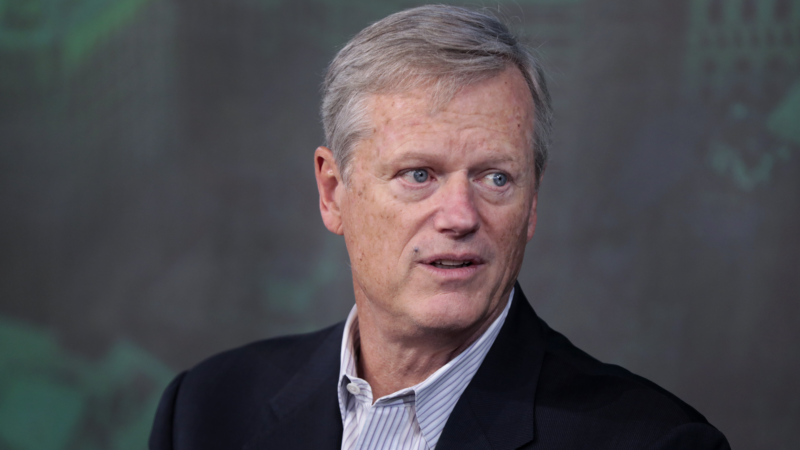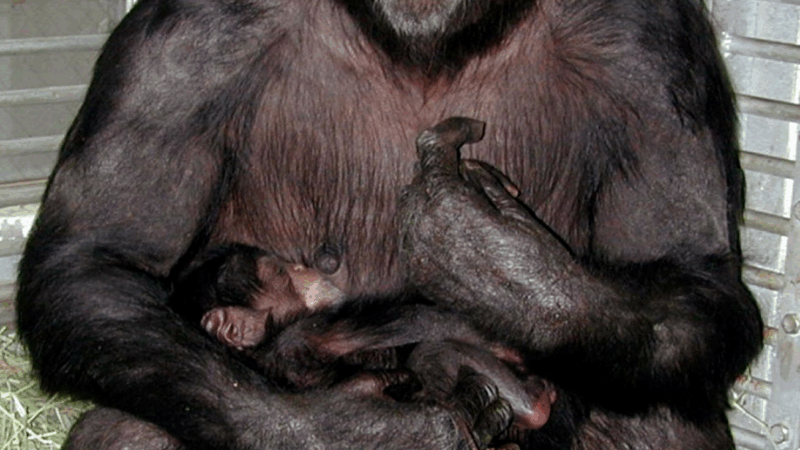NCAA president on why he supports NIL settlement for college players
The NCAA Division I men’s basketball tournament is down to its final four teams. The season ends Monday with the men’s championship game. But the results of another contest Monday could bring major changes to college sports.
A federal judge is set to hold a final-approval hearing on April 7 on a multi-billion dollar settlement in a lawsuit between college players and the NCAA. The proposed settlement has two main components: It would distribute some $2.75 billion to athletes who competed before July 2021 when the NCAA first allowed athletes to earn money from their name, image and likeness (NIL) rights. The second part would establish framework for athlete compensation moving forward.
The NCAA has fought and lost a number of lawsuits over paying student athletes. In 2021, the Supreme Court sided with athletes in a groundbreaking case that opened the door for players to earn money off of their name, image and likeness rights.
Collectively, the rulings have transformed college sports. Today, players can earn thousands or even millions of dollars each season, then transfer freely to new schools in search of a better deal.
And the new agreement, known as the House settlement, would further change the landscape by allowing schools to pay players directly for the first time ever and it would empower the NCAA and its power conferences to have greater oversight over NIL deals.
NCAA President Charlie Baker says he supports this settlement and that its infrastructure is a win for student athletes.
“Most of the entities that are involved in the NIL, their primary interest is athletics. They don’t really care very much about academics,” Baker told Morning Edition. “Ninety-nine percent of those student athletes are not going to play professionally, and it’s going to be really important that their academic opportunities are pursued. And I think putting the infrastructure in place that’s associated with the settlement, that’s a big win for student athletes.”NPR’s A Martinez and Baker talked about the NCAA’s efforts to support student athletes and what gets lost in the discussion about them.
This conversation has been lightly edited for length and clarity.
Interview highlights
A Martínez: Now, the NCAA has approved NIL deals. Four years ago, it approved them, but since then has lost almost every lawsuit aimed at regulating compensation. What do you think accounts for the NCAA’s arguments in these cases not being winning ones?
Charlie Baker: The vast majority of that took place before I got here, so I’m really not in a position to speak to it.
Martínez: Do you feel that the NCAA is still in control of college athletics?
Baker: I guess that depends upon how you want to define it. How would you like to define it? Well, what you and I are talking about right now represents maybe 10% of college sports.
Martínez: But I guess what I’m asking is, do you think that the NCAA image has changed over the last few years in the eyes of college sports fans?
Baker: I think the change was long overdue here, and I’m glad that since I got here about two years ago, we put a post-eligibility health insurance program in place for kids who were dealing with an injury that they sustained while they were playing their sport. I’m glad we finally have core guarantees in place with respect to scholarships, so that if a student athlete gets a scholarship, they keep it whether they play or not. I think all those are really important elements to creating the next generation in college sports.
Martínez: The things you mentioned sound like common-sense decisions, but why do you think it has taken so long to get to these points where that is now something that is included, as opposed to maybe in the past, when it felt like the NCAA was a bit draconian in the way they viewed student athletes?
Baker: Again, I can’t really speak about the stuff that was taking place before I got here.
Martínez: But you’ve watched NCAA sports. You’ve observed it over your years.
Baker: I’m not trying to be cute here, but I had a day job, and it was a pretty big, complicated, and challenging job being governor of Massachusetts. My primary focus when I got here was to do a lot of things that I thought were important for the future of student athletes.
Martínez: So one last thing: what you just mentioned, student athletes. Are we still at a point where it is legitimate to call these athletes “student athletes”?
Baker: I think the other thing that kind of gets lost in all this is the lessons the kids learn playing sports, the whole idea about what it means to be part of a team, and the requirement that in some cases, you put what you might want behind what’s going to be in the best interest of the program or the team overall. It’s a big part of why it’s important, from my point of view, that we be aggressive and proactive about supporting student athletes.
Becky Sullivan contributed reporting.
NASA rolls out Artemis II craft ahead of crewed lunar orbit
Mission Artemis plans to send Americans to the moon for the first time since the Nixon administration.
Trump says 8 EU countries to be charged 10% tariff for opposing US control of Greenland
In a post on social media, Trump said a 10% tariff will take effect on Feb. 1, and will climb to 25% on June 1 if a deal is not in place for the United States to purchase Greenland.
‘Not for sale’: massive protest in Copenhagen against Trump’s desire to acquire Greenland
Thousands of people rallied in Copenhagen to push back on President Trump's rhetoric that the U.S. should acquire Greenland.
Uganda’s longtime leader declared winner in disputed vote
Museveni claims victory in Uganda's contested election as opposition leader Bobi Wine goes into hiding amid chaos, violence and accusations of fraud.
Opinion: Remembering Ai, a remarkably intelligent chimpanzee
We remember Ai, a highly intelligent chimpanzee who lived at the Primate Research Institute of Kyoto University for most of her life, except the time she escaped and walked around campus.
The near death — and last-minute reprieve — of a trial for an HIV vaccine
A trial was about to launch for a vaccine that would ward off the HIV virus. It would be an incredible breakthrough. Then it looked as if it would be over before it started.






